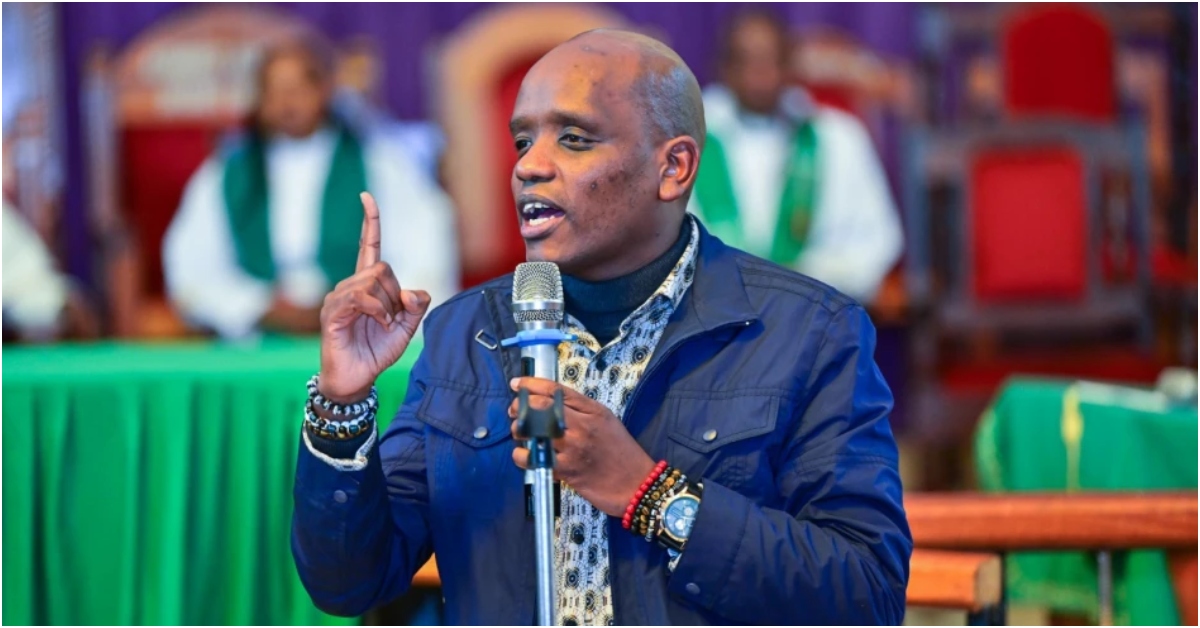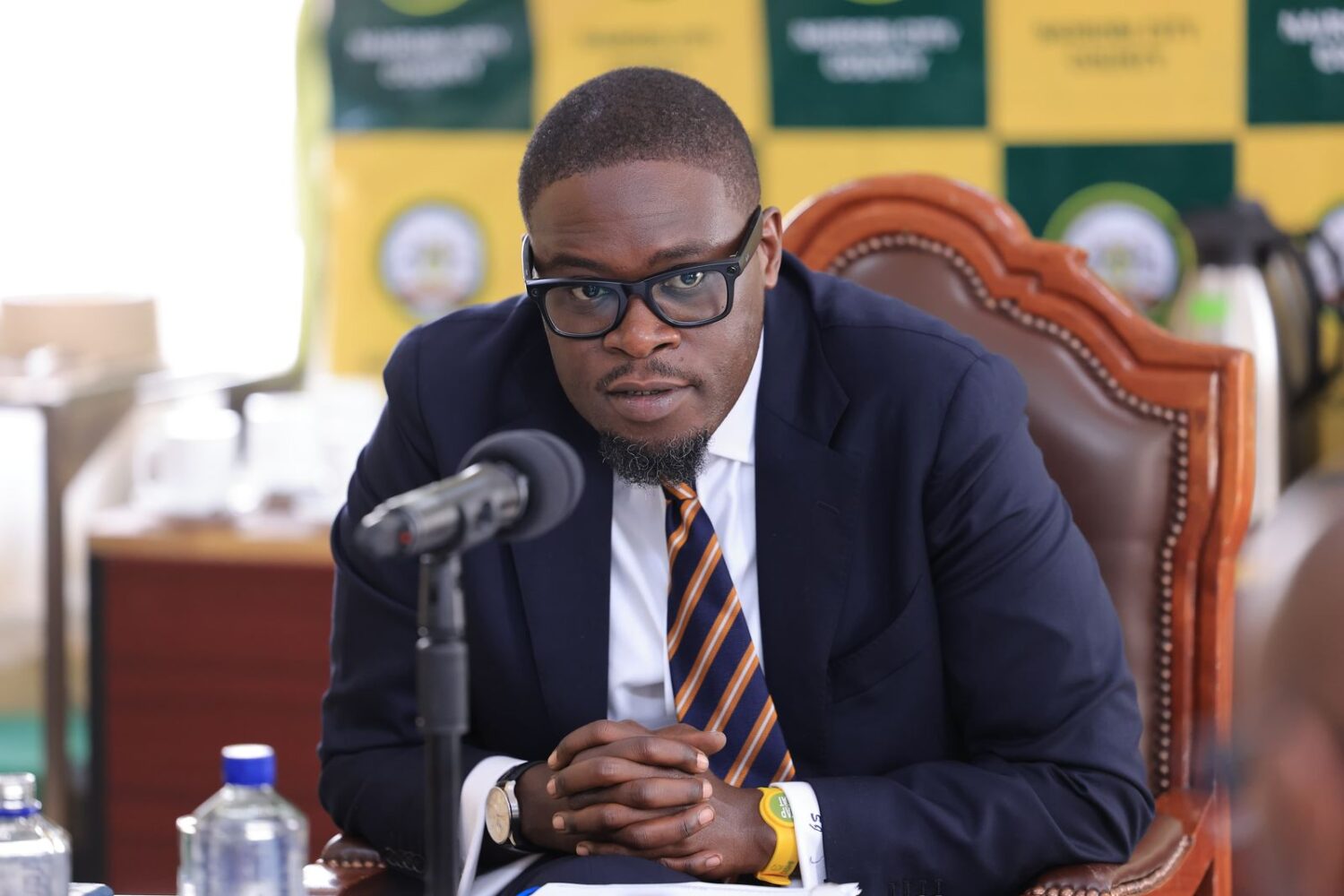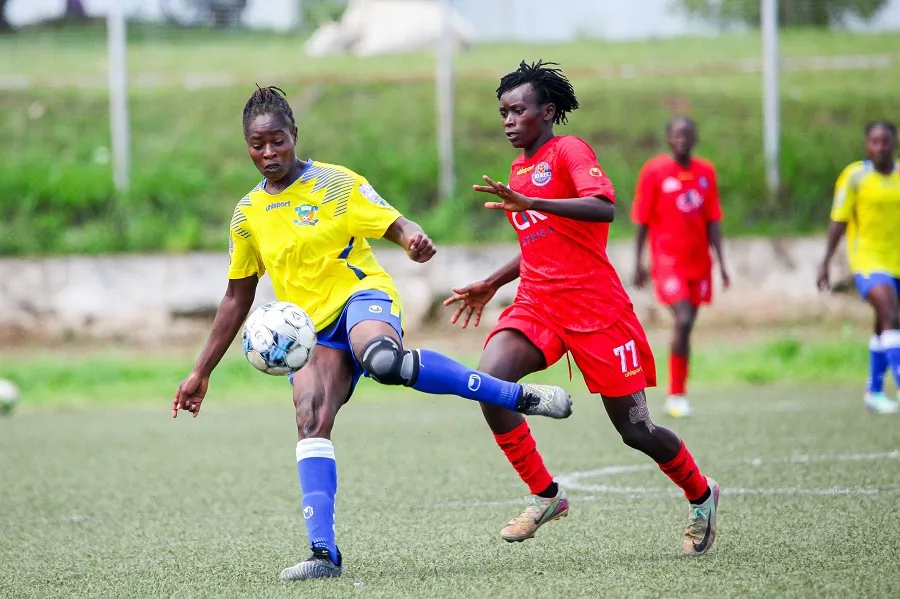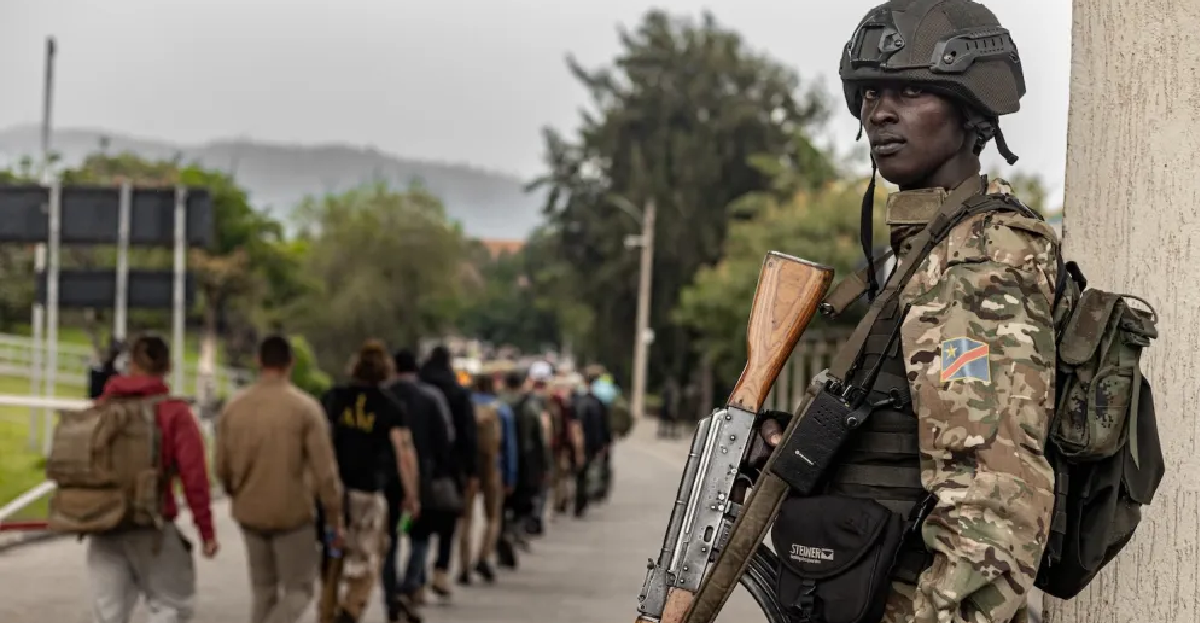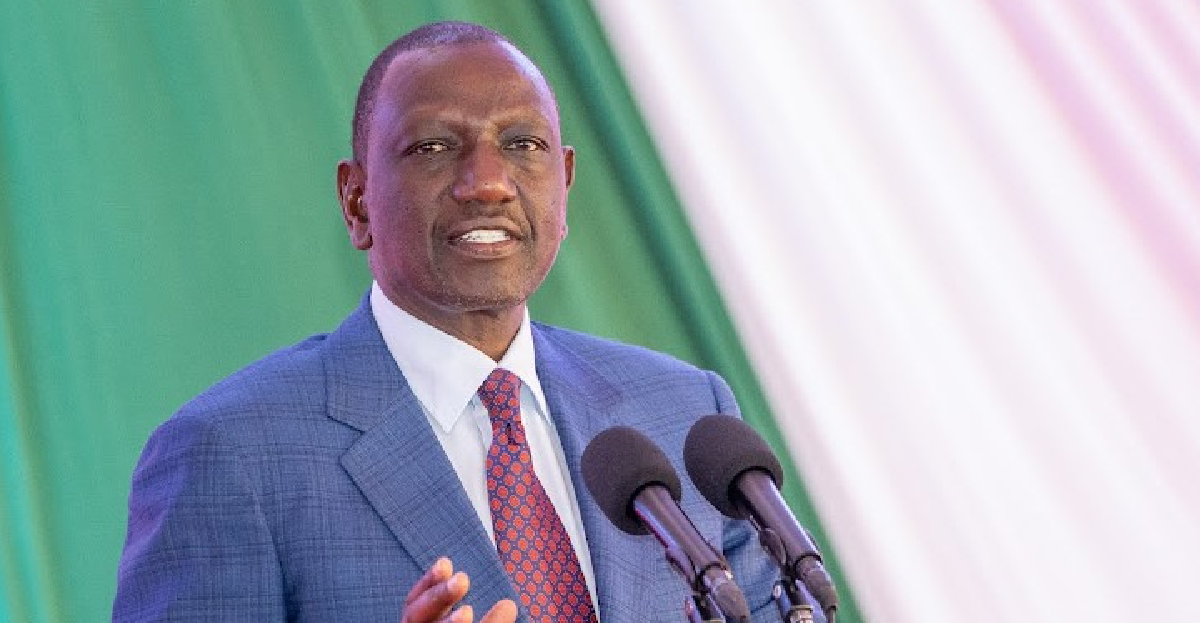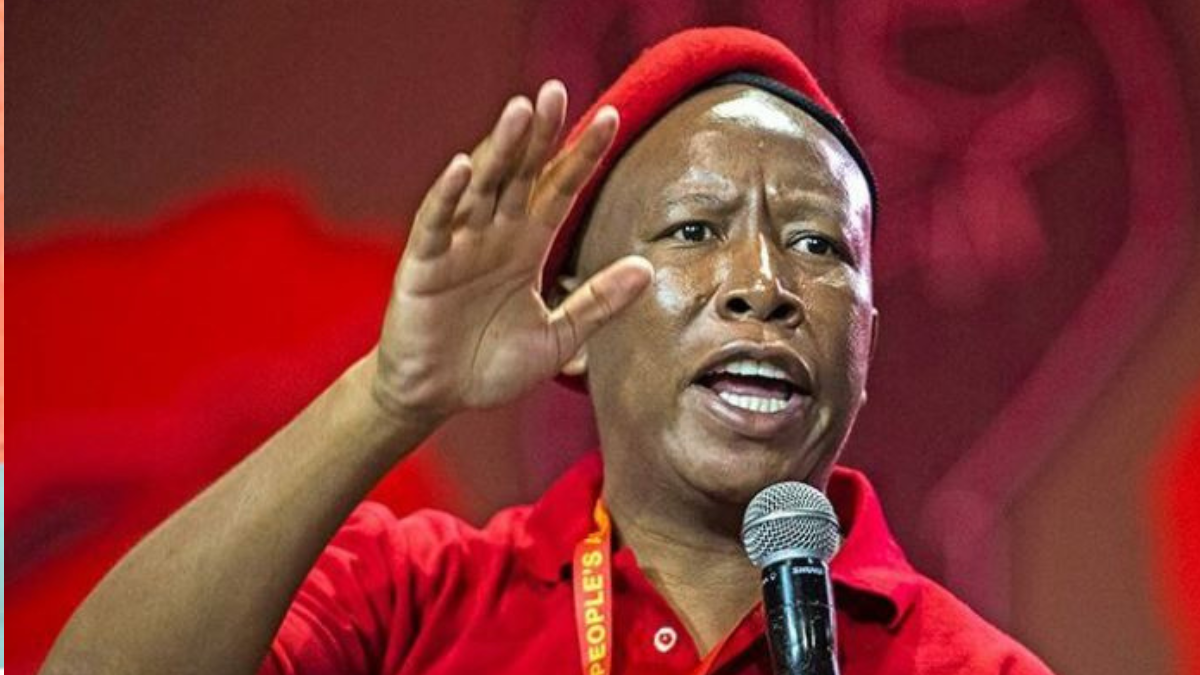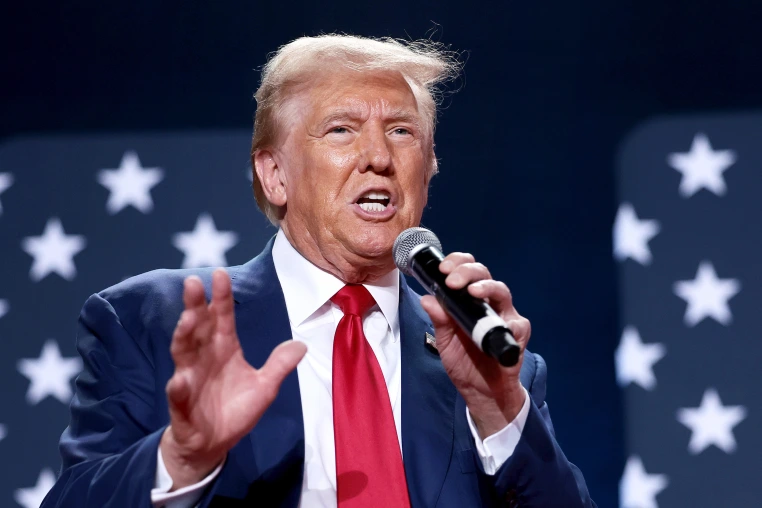One week after the shocking teargassing of Butere Girls High School students at the National Drama Festivals in Nakuru, the government has officially broken its silence with a heartfelt apology from Dennis Itumbi, Head of Creative Economy and Presidential Special Projects.
Appearing on Citizen TV on Wednesday night, Itumbi publicly took responsibility for the incident, offering a sincere apology on behalf of the government to the students and their school community.
His statement, delivered with somber clarity, marked the first high-level acknowledgment of the distressing scenes that have since dominated headlines and social media.
“Let me take this opportunity, with the full sleeves and honors of the government, to apologize to all the girls of Butere Girls for the teargas that was fired at them. I sincerely apologize,” said Itumbi.
He admitted that the government not only failed to protect the students but also mishandled the situation, depriving the girls of the opportunity to fully present their play Echoes of War at the national stage, a moment they had spent months preparing for.
“We are not only sorry for the teargas but also for not managing this to the very end,” Itumbi added. “I promise to sit down with my team and come up with remedies for what can be done.”
As the official in charge of the Creative Economy docket, Itumbi’s remarks carried significant weight. His apology appeared not just personal but institutional an acknowledgment that the system had failed to safeguard art, youth, and expression in one blow.
He also addressed swirling rumours of retribution against the school’s principal and drama patrons, stating categorically that no one was being punished for the content of the play.
“If my facts are correct, the principal at Butere Girls is actually going to retire sometime this year, in two months. She has had a stirring career as a teacher, and we will allow her to finish her call of duty,” he clarified.
Itumbi, who revealed that he is a playwright himself, expressed admiration for the girls’ courage and passion for theatre, suggesting that their silenced performance had sparked a national conversation that should lead to structural changes in how student creatives are treated.
What sparked the apology?
The apology followed a series of unsettling events on April 9, when the Butere Girls, scheduled to perform Echoes of War at the National Drama Festivals, found themselves without essential props, a PA system, and most critically, their director former Senator Cleophas Malala who had been arrested earlier that day while attempting to access the venue.
In protest, the students sang the national anthem and walked off stage in what was widely interpreted as a dignified act of defiance. Moments later, police lobbed teargas canisters into the crowd, sending students and supporters fleeing in chaos.
The public outcry was swift and intense. Civil society, artists, educators, and concerned citizens condemned the use of force on students, turning what was meant to be a celebration of art into a moment of reckoning for the nation.
About “Echoes of War”
Echoes of War, the play at the center of the controversy, is a bold theatrical piece penned by Cleophas Malala. The play delves into the societal costs of political conflict and questions the silence of leadership in the face of injustice. Its powerful themes and fearless delivery are believed to have stirred discomfort to certain dockets, possibly triggering the dramatic sequence of suppression that followed.
Malala has since announced that he intends to restage the play using an adult cast and release it online to ensure the story is told, unfiltered and uncensored.
While the Butere Girls may have been denied their moment on stage, Itumbi’s apology signifies an important step toward restitution and perhaps a new beginning in how Kenya nurtures, not stifles, its young creative voices.


